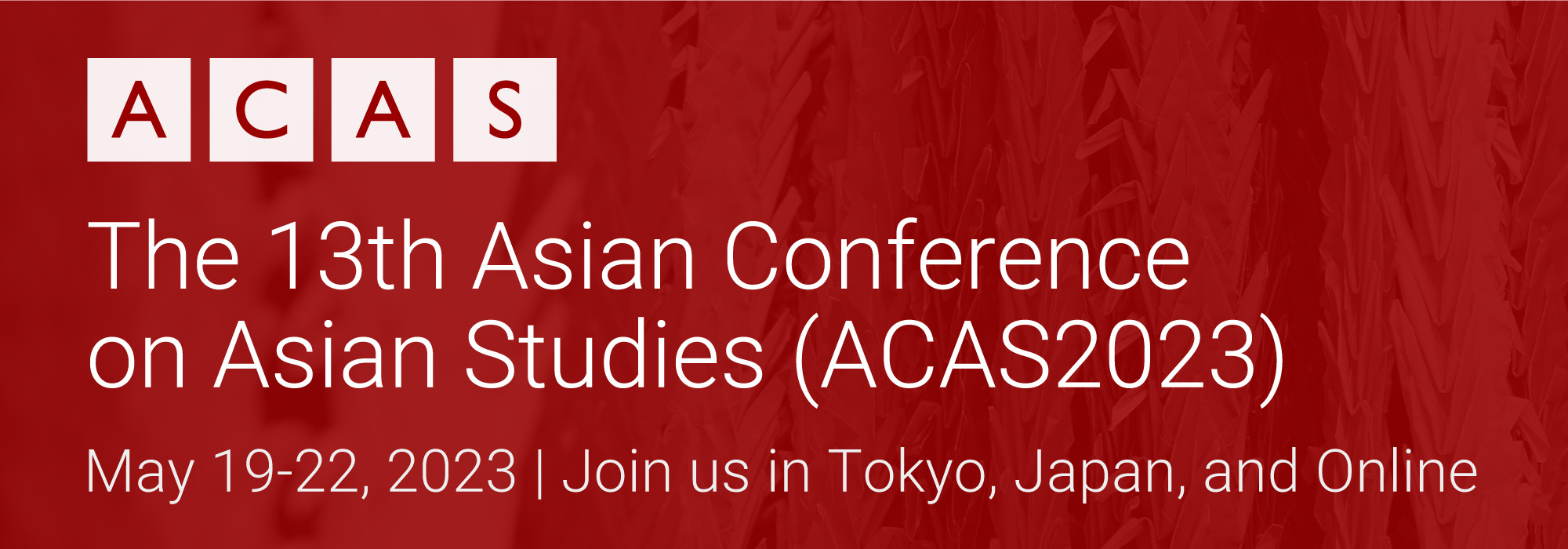Confucian Family Values and Fertility Intentions: Understanding China’s Post-One-Child Declining Birthrates (68670)
Session Chair: Yalei Zhai
Sunday, 21 May 2023 12:15
Session: Session 2
Room: Room 704
Presentation Type:Oral Presentation
China has a high-level fertility-preference culture because Confucian family values have long encouraged childbearing among the people. However, the one-child policy has greatly transformed childbearing decisions, resulting in a rapid decline in fertility rates. Despite the one-child policy (1979–2015) being replaced by a universal two-child policy in 2016 and a three-child policy in 2021, births reached a record low in 2019 and continued to decline. This study aims to identify a potential cause for the declining birth rate in the post-one-child policy era, from the perspective of the relationship between fertility intentions and Confucian family values. The data come from a survey regarding the fertility willingness of Tianjin residents (n = 660 women, aged 17–49 years). This survey demonstrates that the Confucian family values that prioritized a high level of fertility are still widely accepted among women of childbearing age. However, empirical results indicate that a stronger endorsement of Confucian family values does not predict greater fertility intentions. Particularly among young women, strong Confucian family values increase the willingness to raise only one child. Overall, as long as China’s society is ultra-competitive, without an overall social welfare guarantee, Confucian family values could prevent women from having more children, regardless of any implementable changes to the country’s birth policy.
Authors:
Yalei Zhai, Shinshu University, Japan
About the Presenter(s)
Dr Yalei Zhai is a University Associate Professor/Senior Lecturer at Shinshu University in Japan
See this presentation on the full schedule – Sunday Schedule





Comments
Powered by WP LinkPress